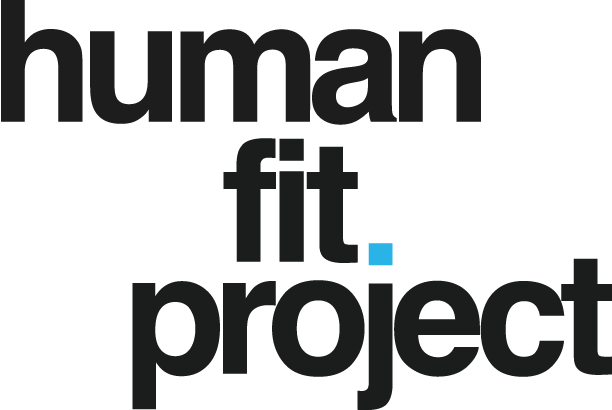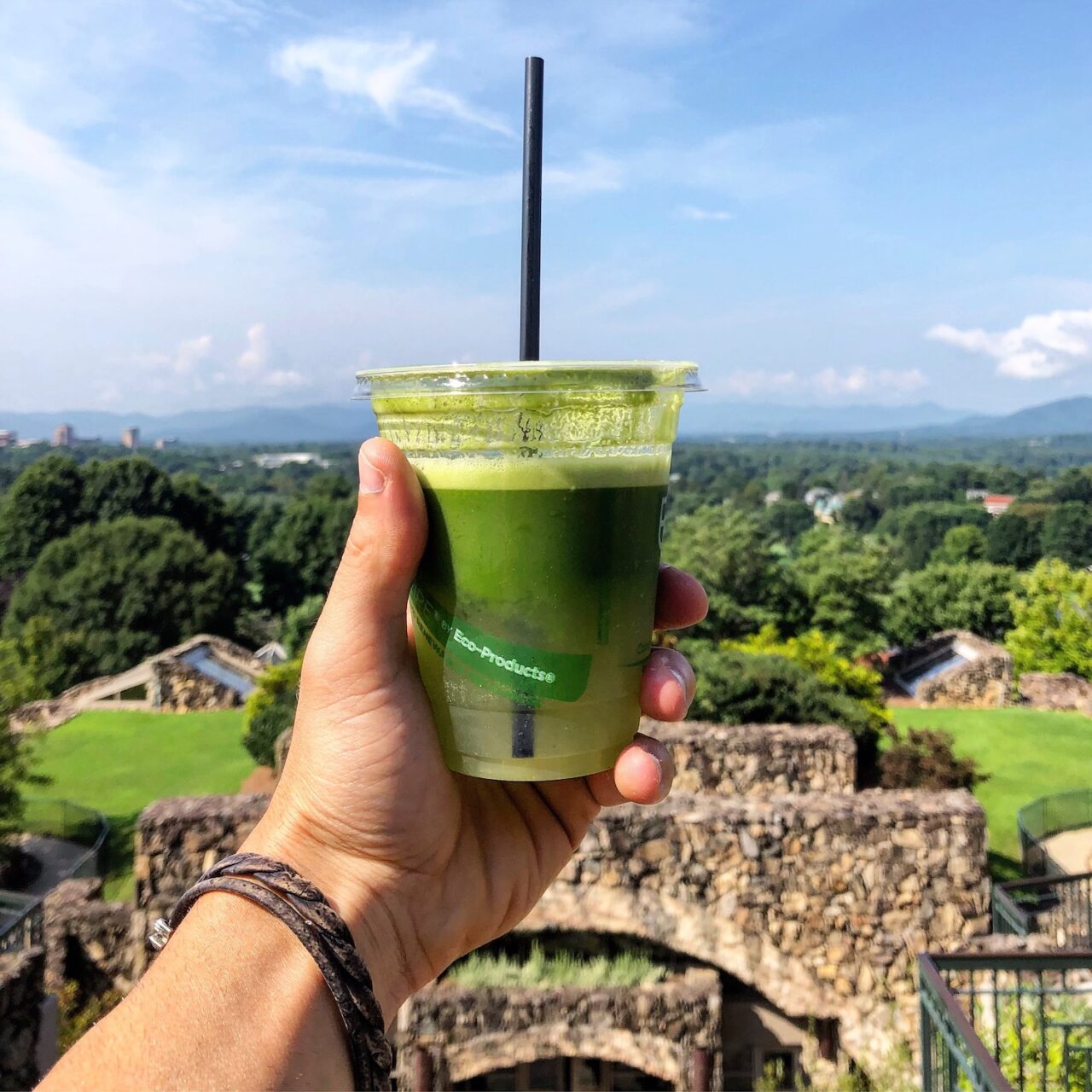You don’t need supplements. Flat out. You can accomplish all of your fitness goals with good nutrition and exercise. (If you’ve got some sort of health issues — talk to your doctor.)
Supplements are called supplements for a reason. They’re intended to supplement something you’re lacking. That said, if you’re eating a healthy mix of foods including proteins, carbohydrates (+ greens and colorful veggies), and fats, then chances are you’re getting all of the nutrients (macro and micro) that your body needs to function optimally. In fact, if you’re a beginner, you should focus more efforts on figuring how how your body responses to food instead of what supplement or supplements to add into the mix. (Read: intuitive eating for lean muscle and how to start your own diet plan)
Now, does this mean all supplements are bad or completely worthless? No, not necessarily.
Here’s our general take on supplements:
1. The dangerous or worthless junk
You’ve probably heard this before, but it’s true. There are a lot of supplements out there that are probably downright dangerous. You have no idea what’s actually in them, even if the ingredients are listed on the bottle. Seriously, it’s not a very regulated business. Those wild and unbelievable scientific claims that seem too good to be true are probably biased in some way, shape, or form. Was that “independent research” actually independent? Any time a supplement is being sold super-hard as the greatest thing in the world — that’s a huge red flag.
2. The toss ups
There are some supplements that might help a little bit such as creatine, branch chain amino acids, beet juice, etc. (I’ve also personally experimented with astragalus extract and ZMA (zinc, magnesium, B6) for general performance. And vitamin C, echinacea, and various teas including black, green, and chamomile for immune system support.) Those types of supplements come from more raw, real things, you get them from food. Are they going to make a world of a difference in your life? Absolutely not. Could they help? Sure, a little bit. Could they do nothing at all? Yep, that’s possible too. And could they hurt you? Yes, that’s very possible as well. You never know how your body might react even to something that’s already in your body naturally. Think about it: people have food allergies. Same thing goes for supplements.
3. The conveniently helpful basics
Protein powder is conveniently helpful, and it’s basic. We all need protein and sometimes it’s hard to get enough down either because of time or because you just don’t want to eat pounds and pounds of meat or fish all day. The only thing to really watch out for with protein powder is any other random stuff companies sometimes like to throw in it. You don’t need (or want anything else). You just want protein. (And if you are allergic to something like whey, then there are plenty of vegan options available).
To summarize, figure out your food situation first, get into a regular training routine, then you can look into supplements. (We pretty much just like protein with the exception for a couple others) However, you should probably talk to a nutritionist, dietician, and your doctor beforehand.
Looking for custom workout and nutrition programming? Check out DigitalFitnessAdvisor.com, our new exclusive service.

